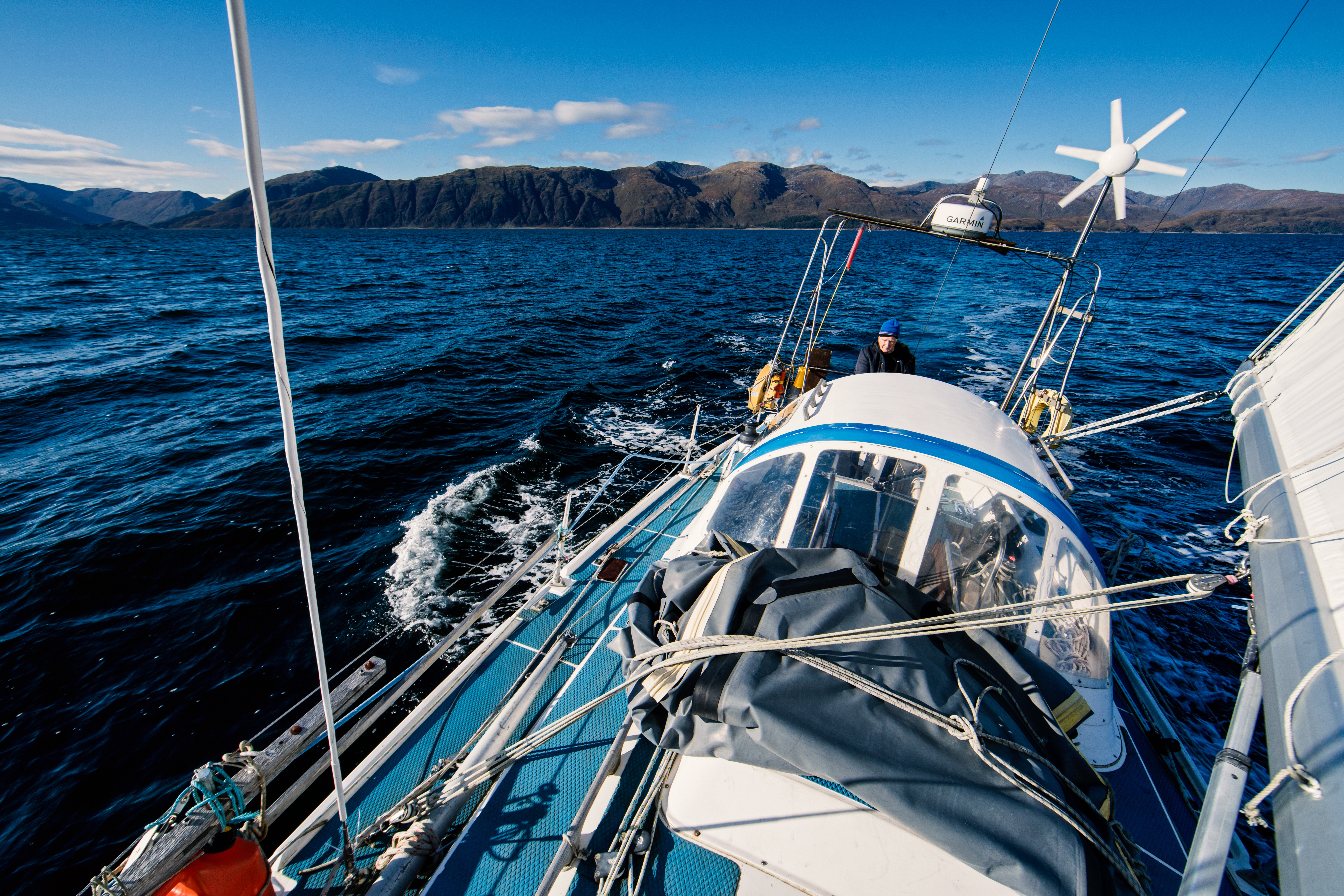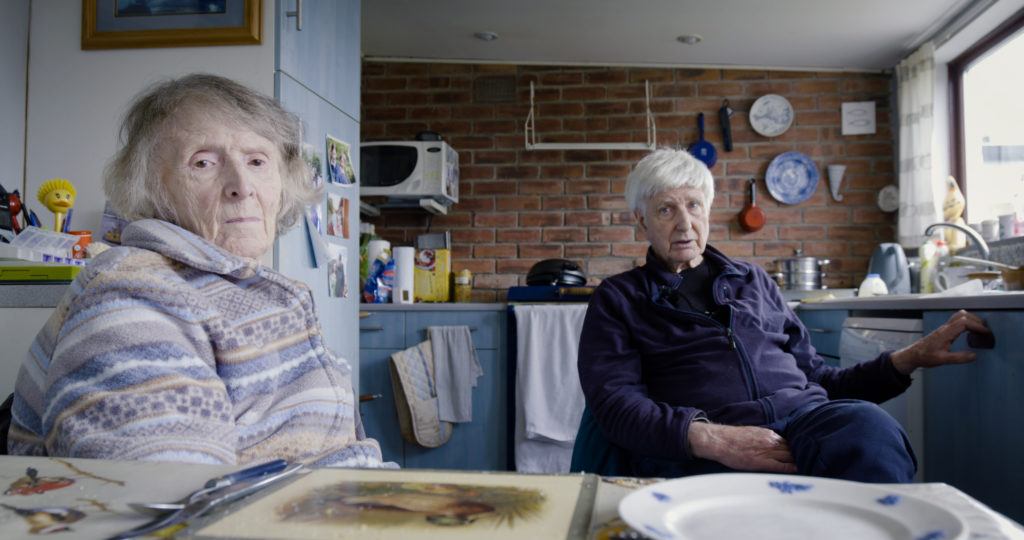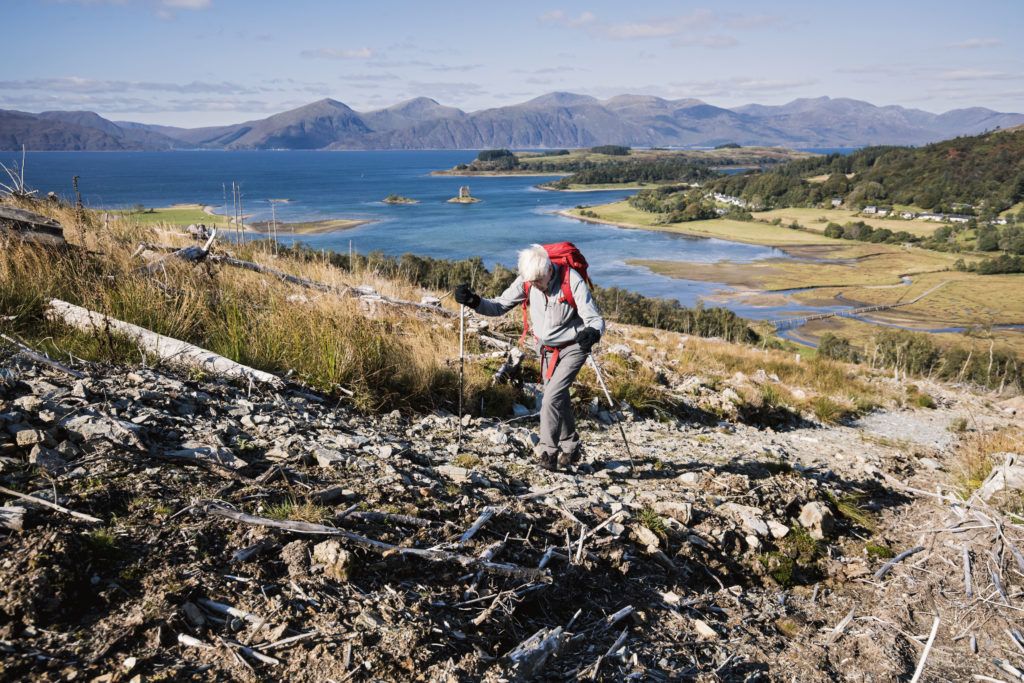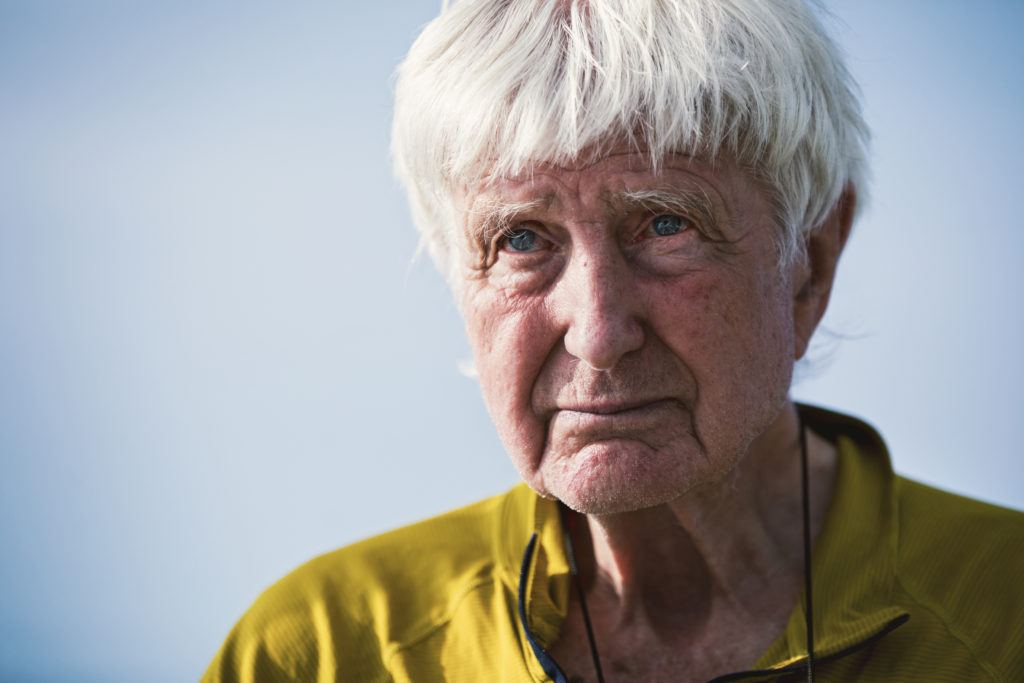‘Farewell to Adventure’ follows Skipper Bob Shepton as he prepares to sell his beloved boat to pay for the care of his wife, Kate, in her battle with Alzheimer’s.
85 year old Bob is an experienced Arctic explorer and regularly takes climbers and sailors on expeditions to the Canadian Arctic and Greenland. He is a certified ice pilot, author of three books, father of six and husband of 55 years. It is in his role as a husband that we meet him in ‘Farewell to Adventure”. Kate’s Alzheimer’s is worsening, and Bob is adjusting to life on land to care for his wife.
We meet Director Chris Prescott to discuss in further detail, ‘Farewell to Adventure’.
You’re a very adventure driven filmmaker by nature, what appealed to you in particular about Bob Shepton’s story?




Leave a Reply